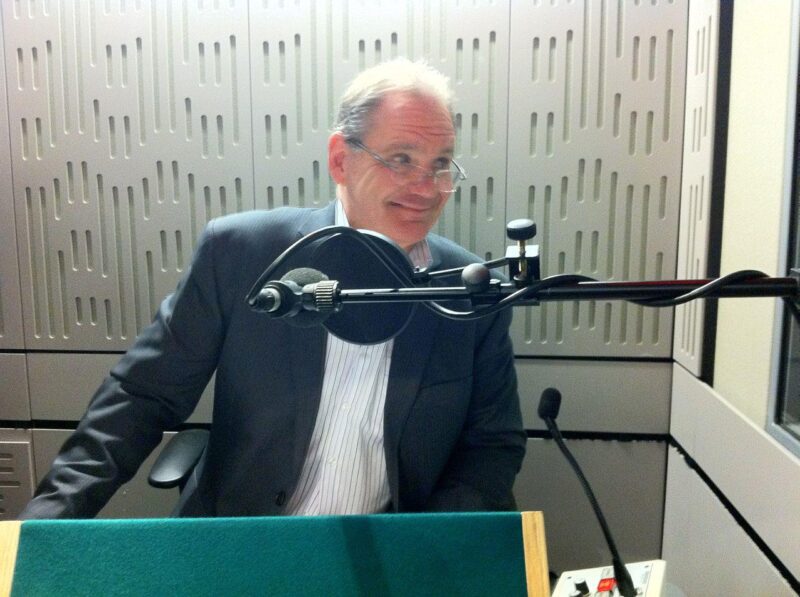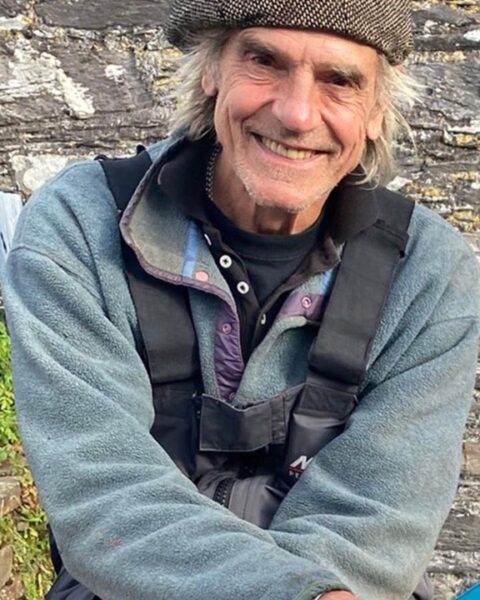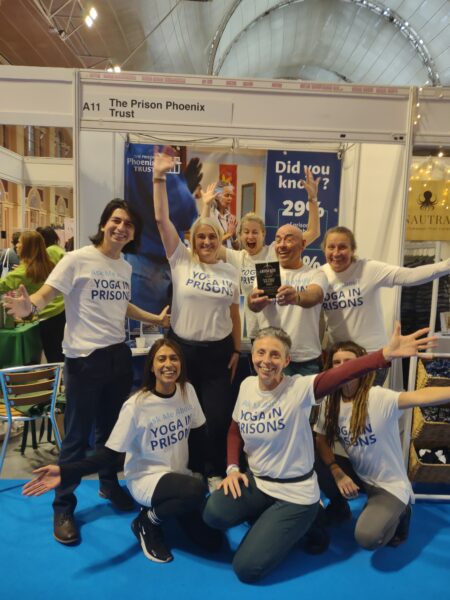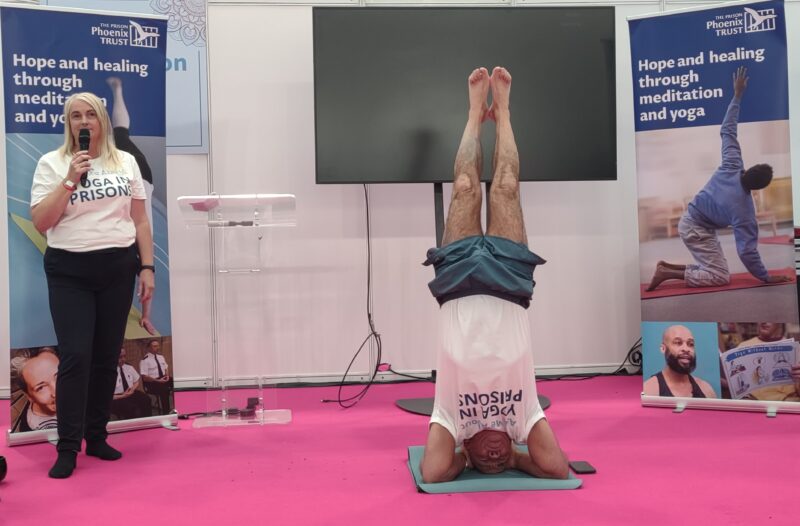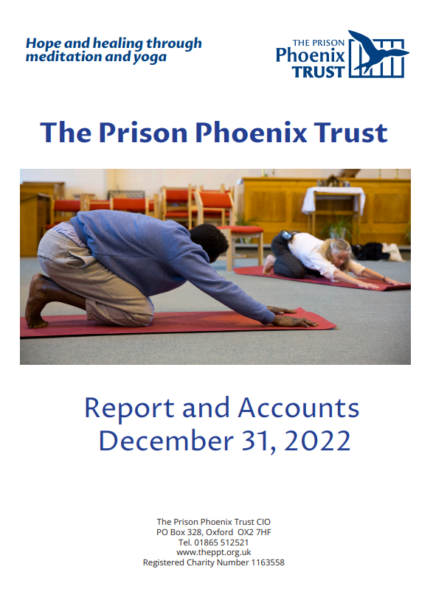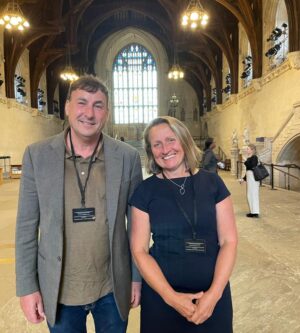Latest impact data from The Prison Phoenix Trust finds 82% of women who took part in Mindful Yoga courses in prison experienced an improvement in mental wellbeing considered ‘meaningful’ by psychologists.
Women arriving for their first Mindfulness session at a prison in the South of England were unsure what to expect. “I want to keep my mind and body fit,” said one. “I want to be able to relax,” said another.
With age ranges from 20s to 60s, they brought with them a variety of aches and injuries, and also life experiences. A high proportion of imprisoned women have histories of trauma and abuse.
Mindfulness and Yoga are being offered as an accessible way for people in prison to learn practical ways to manage stress and anxiety, build emotional resilience and to strengthen overall physical and mental wellbeing, essential for rehabilitation and reducing reoffending.
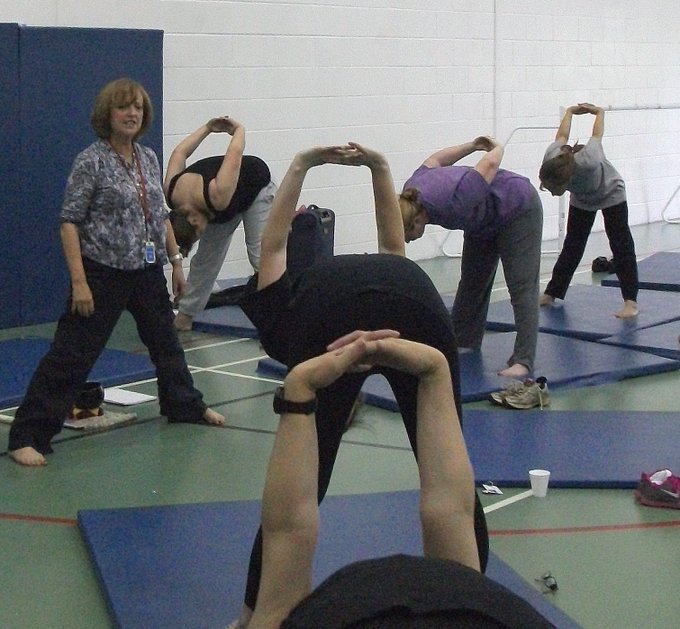
A women’s yoga class run by The Prison Phoenix Trust
The Prison Phoenix Trust has run 5 Mindfulness courses in 2 prisons over the last 7 months and used the Warwick-Edinburgh Mental WellBeing Scale (WEMWBS) to measure changes in participants’ mental wellbeing at the start and end of their courses. Continue Reading

